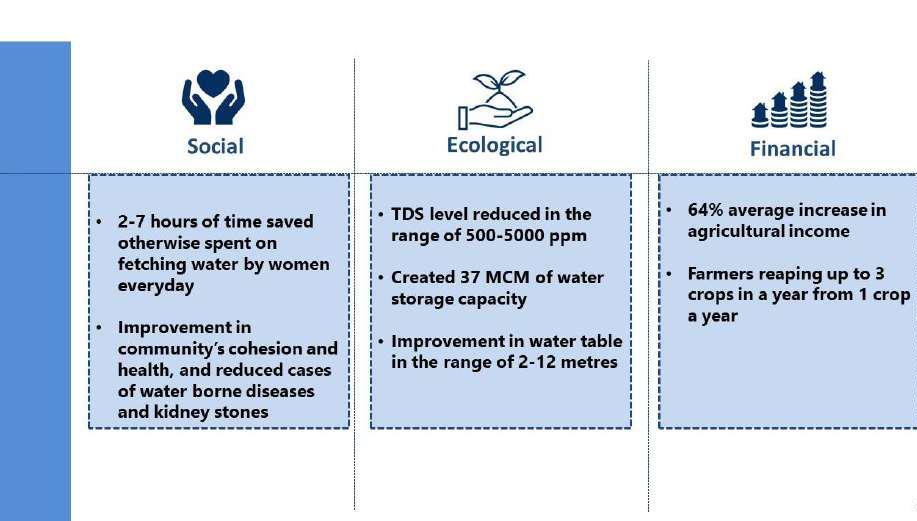CSR: Water as an impact multiplier
Related Articles
Bengal’s development will start after TMC wall will fall, said Modi
Prime Minister Narendra Modi on Friday targeted Mamata Banerjee's TMC government during his West Bengal tour and described the Mamata Banerjee government as the...
CSR News: Kotak Mahindra Bank Supports Advanced Diagnostic Facility at SMIMER Hospital, Surat
Surat, India: Kotak Mahindra Bank Limited, under its CSR initiative, has extended support to the Surat Municipal Institute of Medical Education and Research (SMIMER)...
हिंदू-बौद्ध-सिख के अलावा अन्य SC प्रमाण पत्र होंगे रद्द, धर्मांतरण पर सख्त हुए महाराष्ट्र सीएम
महाराष्ट्र के मुख्यमंत्री देवेंद्र फडणवीस ने अनुसूचित जाति (SC) के तहत प्रमाणपत्र को लेकर बड़ा ऐलान किया। उन्होंने कहा कि अगर कोई व्यक्ति हिंदू,...


